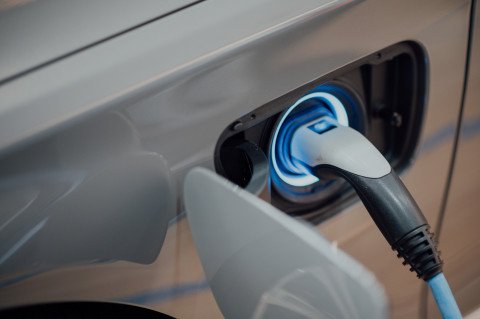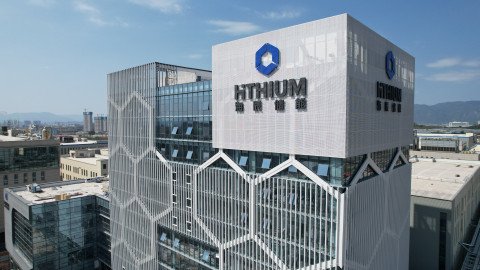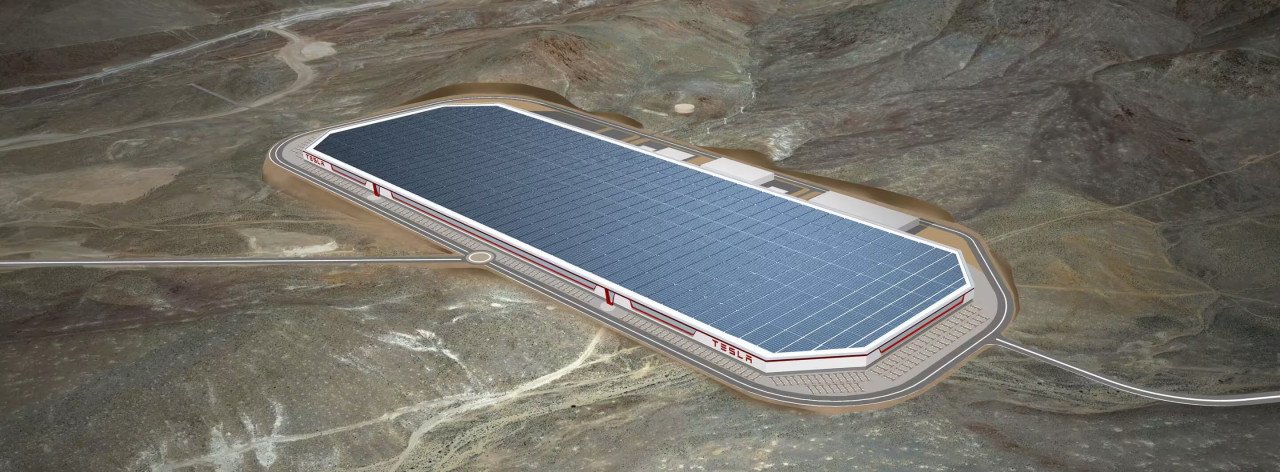Chinese EV makers could storm West amid domestic slowdown
The price war in electric vehicles, currently underway in the West, could see powerful new entrants soon: Chinese firms.
Saddled with capacity and slowing domestic demand, Chinese manufacturers of electric vehicles such as BYD, Geely and Great Wall Motors could turn their eyes to the developed world for sales, analysts note. And Western carmakers aren't ready, according to Ford Chairman Bill Ford.
"They developed very quickly, and they developed them in large scale. And now they're exporting them," Ford told Fareed Zakaria during a CNN interview, before adding, "They're not here but they'll come here we think, at some point, we need to be ready, and we're getting ready."
Speaking at the Morgan Stanley Sustainable Finance Summit in May this year, Ford CEO Jim Farley was more direct. Talking about rivals, Farley pointed East of the US instead of across the town to traditional rival General Motors (GM).
"I think we see the Chinese as the main competitor, not GM or Toyota," Farley said, adding, "The Chinese are going to be the powerhouse."

Japan offers domestic firms $840 mn to strengthen battery chain
American response so far has involved industry consolidation on the charging connector, with both GM and Ford announcing a switch to Tesla's North American Connector Standard (NACS) from 2025. Charging companies such as Blink Charging, ChargePoint and Tritium followed, announcing that they too would offer chargers with Tesla's connector.
The Chinese desire to 'Go West' is driven almost entirely by commercial compulsions: Government subsidies have dried up, a domestic price war is raging and consumer buying has weakened. Research company JATO estimates that the average EV in China now costs half as much as it did in 2015. In Europe, by contrast, prices have risen.
Earlier this year, China became the world's largest exporter of cars, overtaking Japan. Last year, it had overtaken Germany.
Data for April shows the Middle Kingdom exported 376,000 vehicles during the month, of which, almost hitting 100,000 were new energy vehicles (NEVs), a class that includes fully electric cars and plug-in hybrids.
As is the case with any activity China gets into, its weapon is economies of scale. Two Chinese companies, Contemporary Amperex Technology and BYD, account for half the world's battery output. BYD makes power cells not just for third parties, but also its own vehicles.
Analysts estimate this vast scale, coupled with China's traditionally cheaper labor base, allows Chinese carmakers to produce an electric vehicle for €10,000 euros less than European rivals.
Farley, speaking in May, had said Ford needed distinctive branding or lower costs to beat Chinese car companies.
The possibility of Chinese takeover has western politicians scrambling to defend local companies.
Reports indicate the European Commission is considering ways to restrict Chinese EV imports and France, with its own ambitions of becoming a global EV powerhouse, plans to offer incentives to consumers who opt for European-made EVs.
In the US, the government has announced tax credits for cars whose battery components with the made-in-North America tag.
It's possible we could see a replay of the 1980s, when Japanese carmakers such as Toyota invaded western markets. Protectionist barriers soon sprung up, and the Japanese companies responded by setting up factories on American and European soil.





















